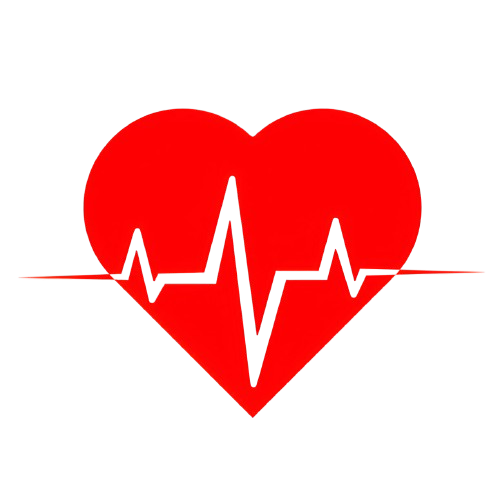Available courses
What is the course:
This course is beginners, including students and physicians, who have an undergraduate degree in any science/medical related field. Over a 16-week period, you’ll become familiar with various types of cardiac imaging such as 2D, M-Mode, and Doppler, along with their measurements. You’ll receive hands-on training, supported by theoretical notes, and practice on dummy patients. By the end of the course, you’ll be able to perform a basic echocardiogram on a normal patient within an hour.
What you will learn:
- Introduction to all windows and measurements
- Performing routine echocardiography including measurements as per the ASE guidelines
- Introduction to pathology
- Assessing pathologies by various methods as per the ASE guidelines
During the 16 Week program, students will have placements in different areas of cardiac procedures and will have the opportunity to perform echos on real time patients. During the Clinical Placements phase of the program, students will have a hands-on experience performing echocardiograms on real patients under the guidance of our clinical supervisors and mentors. They will also observe and perform holters, ECGs, and blood pressure monitoring, as well as stress ECGs. This is a 16-week, where students will further hone their skills in patient care management and performing echocardiograms, holter/BP hookups, ECG hookups and readings, and stress ECG hookups, all with the full assistance from their clinical supervisors or mentors.
In addition to the clinical placements and online theory classes, students are required to attend in-person practical training sessions. These will take place 2 days per week and each session will last for 3 hours. This component is essential in the program, and it will provide students with hands-on experience and the opportunity to practice the procedures they have learned in a controlled, supervised environment.
WHAT YOU WILL LEARN
- Training with real-time patients with full assistance from Clinical supervisors and mentors.
- Knowledge to identify and assess various cardiac conditions, with a focus on acquiring accurate and relevant measurements for each pathology.
- Foundation in understanding and identifying abnormal ECG rhythms.

- Teacher: fiverr fiverr